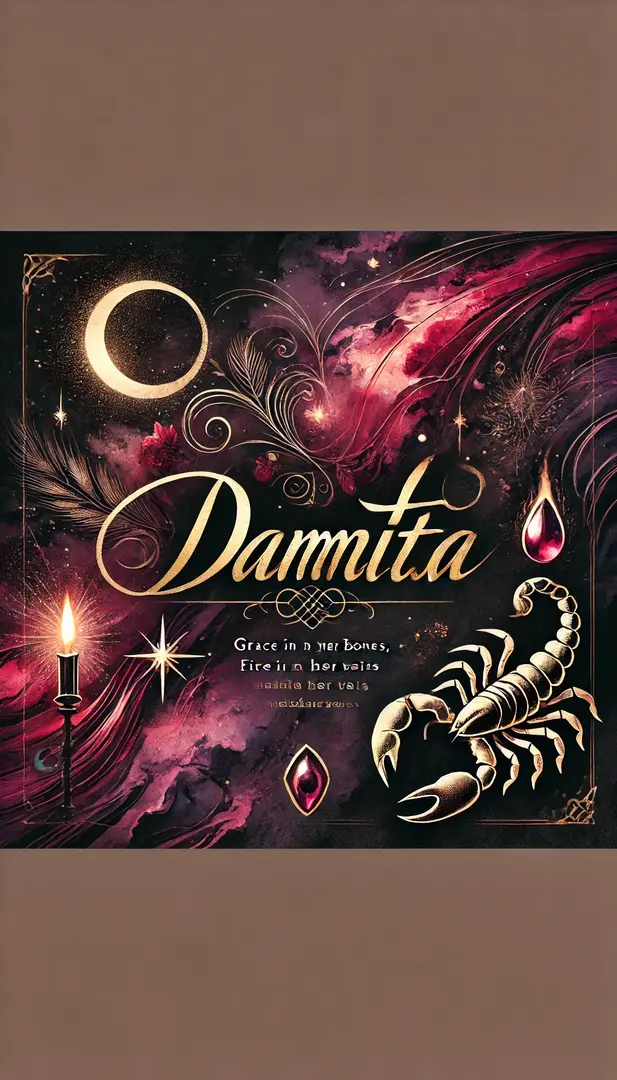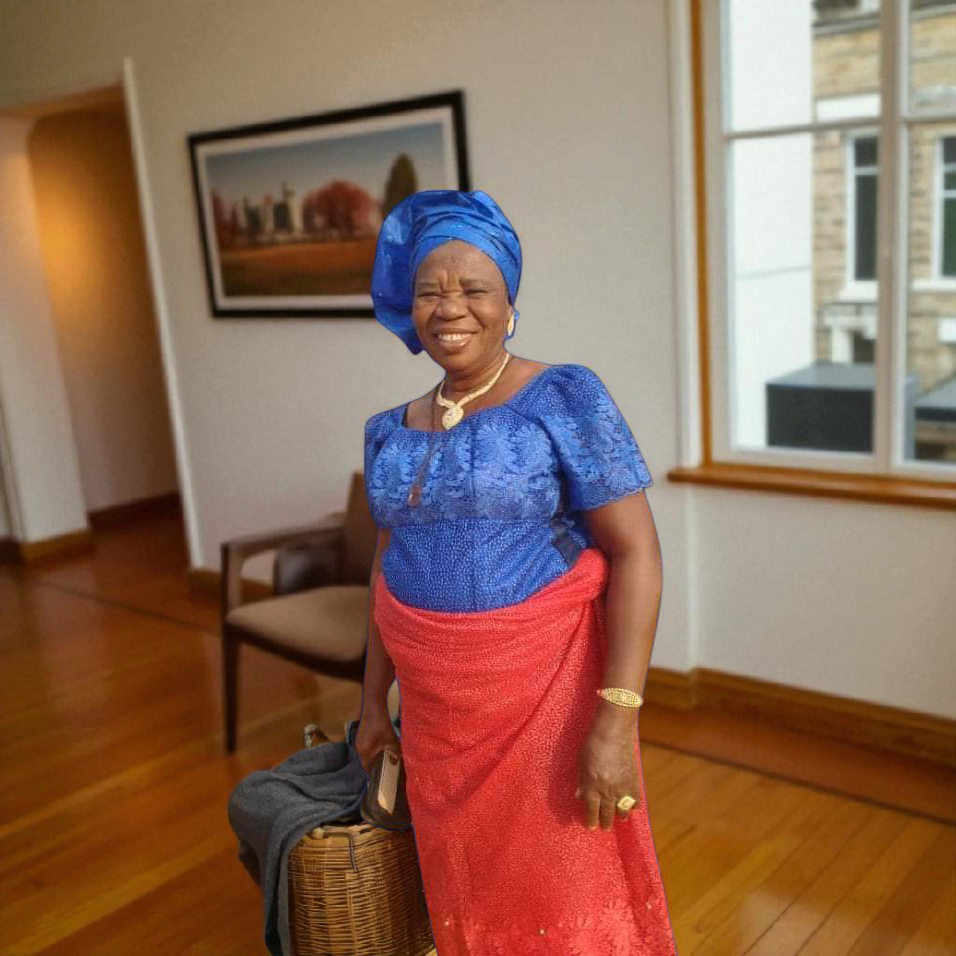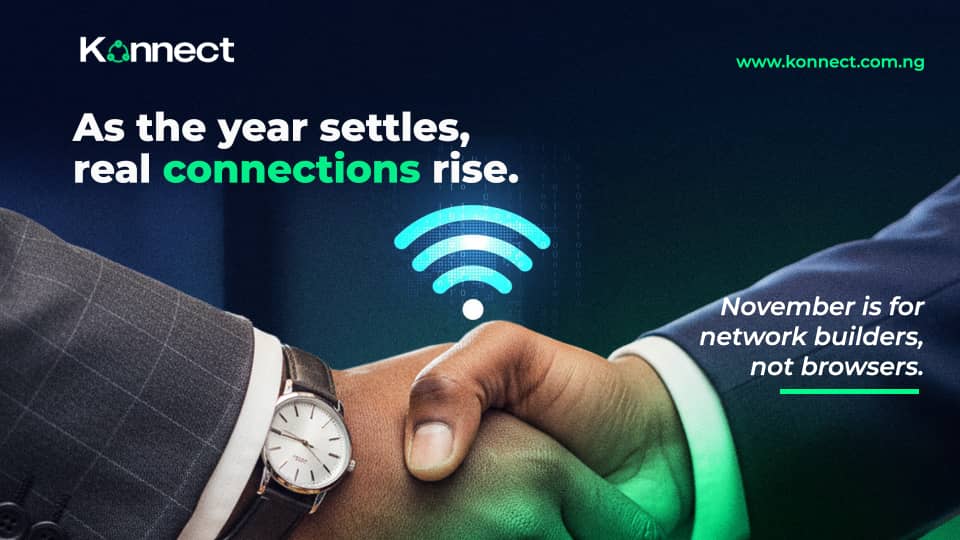Sponsored Advertisements
Having Knowledge about keepin money work for you
Leave a Reply
New Discussions
-
Clocking progress not perfection 🤟

Damita
18 mins ago33 -
Real talk awareness

Damita
22 mins ago11 -
EL SHADDAI- GOD ALMIGHTY, THE ALL- SUFFICIENT ONE

Michael
26 mins ago00 -
Your phone isn't just for scrolling

Damita
26 mins ago11 -
New month new chances to glow up!!

Damita
29 mins ago11













Usenobong
6 hrs agoThis Post Might Be the Most Important Thing You Read About Money in 2025
If you have money in GTBank, Zenith, OPay, FairMoney, PalmPay, Moniepoint, or even a Money Market Fund - this post is for you.
It might just save you from a financial heartbreak you’ll never recover from
A man asked me recently:
“Mr. Iking Ferry, I have money in FairMoney and OPay, are they safe?”
At first glance, that question looks simple.
But the truth hidden inside it is one of the deepest financial realities in Nigeria today.
So, sit down… let’s talk like family.
Trust me, I will breakdown all the Big Big Grammars and hidden secrets in the banking, finance and accounting in a way that even Mama Ngozi in the village will understand.
Now imagine:
Mama Ngozi sells akara and pap at the junction.
Every morning, she makes about ₦15,000.
She used to keep her money in a small nylon under her pillow, until her neighbor told her,
“Mama, use OPay. It’s fast, it’s easy, and you can transfer money even by midnight.”
Mama tried it. She loved it.
Then one day, someone told her, “Mama, that money is not safe o! It’s not insured”
Confused, Mama came to me and asked,
“Iking, abeg, this my OPay money dey safe?”
Now listen carefully, because this is where 95% of Nigerians get it wrong.
Let me tell you the Hidden Truth About Your Bank & Fintech Money
Whether it’s GTBank, FairMoney, OPay, or PalmPay, all of them are under the Central Bank of Nigeria (CBN).
But not all of them are the same type of institution.
There are three categories you must understand:
1: Commercial Banks - GTBank, Zenith, Access, First Bank, etc.
They are licensed deposit-taking institutions. The NDIC (Nigeria Deposit Insurance Corporation) insures up to ₦5 million per depositor.
Meaning:
If the bank collapses today, you’ll get up to ₦5m back.
2: Microfinance Banks & Fintechs - like FairMoney, Moniepoint MFB, OPay, Kuda, PalmPay.
They are licensed as Mobile Money Operators (MMO) or Microfinance Banks (MFB) under CBN.
They don’t hold your money directly.
They keep it in pooled accounts inside a partner commercial bank.
So yes, NDIC now insures them too (up to ₦5 million), but here’s the truth they don’t post on their adverts
If that fintech app shuts down tomorrow, NDIC will refund through the partner bank, not the app. Meaning, it may take time, verification, and process.
So yes, it’s insured… but not as direct or fast as a commercial bank.
Now that you know....
Let me give you a FREE mentorship lesson most bankers will never teach you, even for 2million naira.
“The rich don’t only save money, they study where money sleeps.”
You see, money is like a baby.
If you don’t know who’s babysitting it, you may come back and find it missing.
That’s why the rich never put all their money in one place, not even in banks.
They spread it across safe instruments: NDIC-insured banks, money market mutual funds, treasury bills, and equity-based investments.
Let me tell you something they’ll never say on TV.
When you keep money in your bank or fintech, NDIC insures it against loss caused by failure of that institution.
Meaning if the bank dies, NDIC pays you, up to ₦2 to ₦5 million.
But NDIC doesn’t pay you interest or returns. It’s just safety insurance.
Now, Money Market Mutual Funds (MMMFs) are different.
They are investment instruments regulated by SEC (Securities and Exchange Commission), not NDIC.
Your money in a Money Market Fund is not “insured,” but it’s secured by the fact that the fund invests in short-term government securities like Treasury Bills, Bonds, and safe instruments.
But here’s the truth
NDIC protects your principal.
Money Market Fund protects your value by keeping it in instruments that don’t easily crash.
That’s why rich people don’t keep ₦50 million in a savings account.
They move it into a Money Market Fund that yields 15–20% per annum.
They understand that safety is not just insurance, it’s also value preservation.
I hope you are following?
You can't read this part standing...
Sit-down, let me open your eyes to what really happens behind the counter in the bank:
1: Your Bank Uses Your Deposit to Make Money
When you deposit ₦1 million, the bank doesn’t keep it.
They lend ₦700,000 out, invest ₦200,000 in desame Treasury Bills you are running away from, and hold ₦100,000 for withdrawal.
That’s how they make profit.
(That's why, when you visit any bank today, they have 24hours power supply with AC always chilling despite the Electricity Challenges we have in Nigeria).
2: Fintechs Borrow Banks Legality
Fintechs don’t have NDIC directly.
They partner with banks that do, then they show you the logo.
3: Your “Savings” Plan May Not Be Insured
If you click “FairSave,” “OWealth,” or “PalmPay Target Savings,” that’s an investment feature.
Not NDIC insured. If that fintech fails, NDIC won’t pay that one.
4: NDIC Protects You, Not Your Returns
Even if your bank fails, NDIC pays your deposit, not your accrued interest.
Lastly, The Most Dangerous Sentence in Finance Is: “Don’t worry, your money is safe.”
Always Ask questions.
Because money is only safe when you understand where it sleeps.
Let's go Back to Mama Ngozi (I know you like this part 😂)
After our conversation, Mama Ngozi smiled and said,
“Iking, I no go put all my money for one pocket again.”
She now splits her ₦15,000 like this:
₦5,000 inside her OPay for daily transfers,
₦5,000 inside her Zenith savings for backup,
₦5,000 inside her cooperative ajo for thrift.
And I told her,
“Mama, when your savings reach ₦100,000, move ₦50,000 into a Money Market Mutual Fund. Let your money start working even while you sleep.”
She laughed and said,
“So, money too dey work night shift?”
I smiled, “Yes, Mama. That’s the shift the rich people’s money never misses.”
Listen carefully, because this is the part that will separate you from financial ignorance forever:
“NDIC protects your money. Financial Literacy protects your future.” and that's why Pulseford Business School exists to teach you what No University Degree will teach you about money and investment.
You can have ₦10 million in the bank and still be broke if you don’t know how to make your money grow.
The people who truly build wealth are those who understand that:
Banks are not vaults, they are intermediaries.
Fintechs are not banks, they are facilitators.
Money Market Funds are not insurance, they are smart havens.
So before you argue which is “better,” ask yourself:
“Do I understand how each one really works?”
Because ignorance is not an excuse in finance, it’s an invoice.
Read This Part, Before You Misinterpret My Post
Let me make something very clear
This post is not to create panic, fear, or distrust for any financial institution.
It’s not to tell you “don’t use banks” or “don’t use fintech apps.”
In fact, if we’re being honest, Fintech has done more good than harm.
They’ve made money transfer easy, quick, and affordable.
You can now send money in seconds without leaving your house.
That’s a blessing.
But you see, the reason I’m writing this is to help you understand the truth behind your money
how it moves, where it goes, and what happens behind the scenes.
I’ve already talked about the good side of Fintechs in my previous post.
Now, I’m simply opening your eyes to the hidden side that most users don’t know.
That doesn’t mean I’m against the system.
I use both banks and Fintech platforms.
I just believe that when you understand how money truly works, you make wiser decisions.
Because the truth is
Financial literacy is not the same as education.
You can have a university degree and still be financially illiterate.
You can even be an accountant and still not understand how money truly moves.
So what I’m doing here is simple:
I’m teaching you to be aware.
I’m helping you see beyond the app screen.
I’m showing you how to think like the people who build the system, not just use it.
And for those of you who have money in Fintech investment features - listen carefully:
I’m not saying your money isn’t safe.
But remember, that’s an investment, not a deposit.
When you click “invest,” your money doesn’t go to sleep.
It’s moved into short-term, low-risk instruments like Treasury Bills, commercial papers, or mutual funds.
That’s how the system works.
So please, don’t panic, stay informed.
The difference between a rich man and a broke man is access to information.
The more you know, the more power you have over your own money.
That’s why I’m doing this, not to scare you, but to prepare you.
Because when knowledge enters, fear disappears.
And for everyone reading this…
I’m currently on a public challenge, building a ₦1 Billion company from zero capital within 10 years, and sharing my journey openly.
I’m not doing it to show off.
I’m doing it to teach.
To prove that you don’t need to come from wealth to build wealth.
You just need the right knowledge and discipline.
If you’ve read to this point, I challenge you,
Join the next phase of my financial literacy training before registration closes.
You’ll learn how to make your money smarter than your emotions.
Because in the financial world, what you don’t know is already costing you.
My name is Iking Ferry,
A Financial Literacy Advocate on a mission to raise one million financially free Nigerians
and build a billion-naira company from zero capital
Follow my Journey #fromzerotobillionbyikingferry